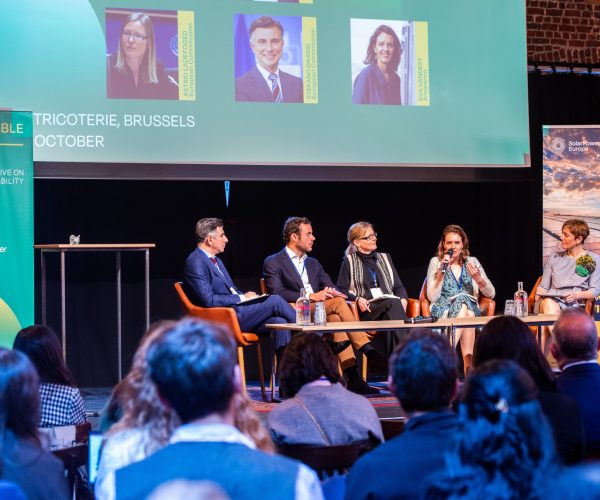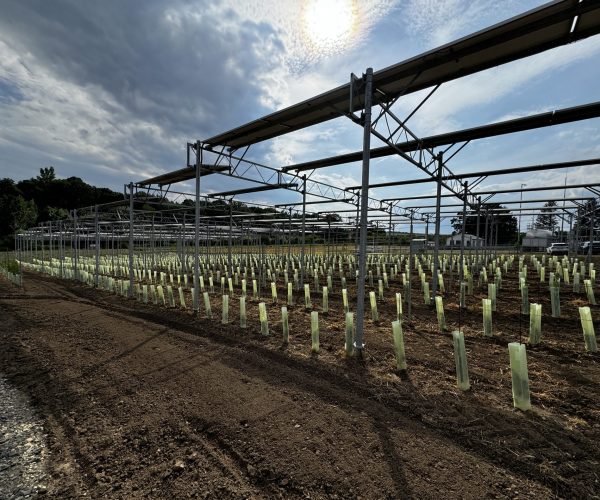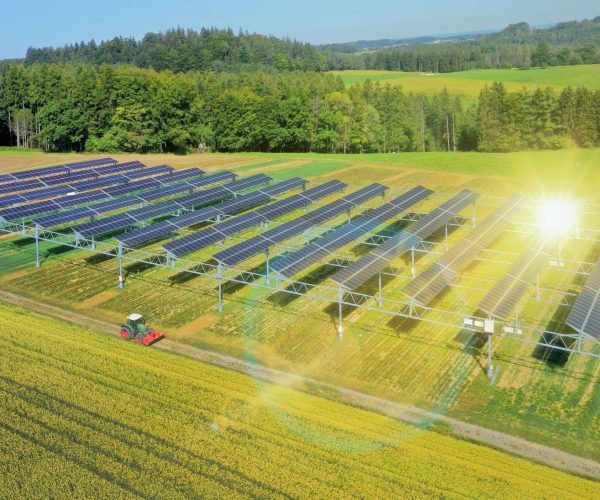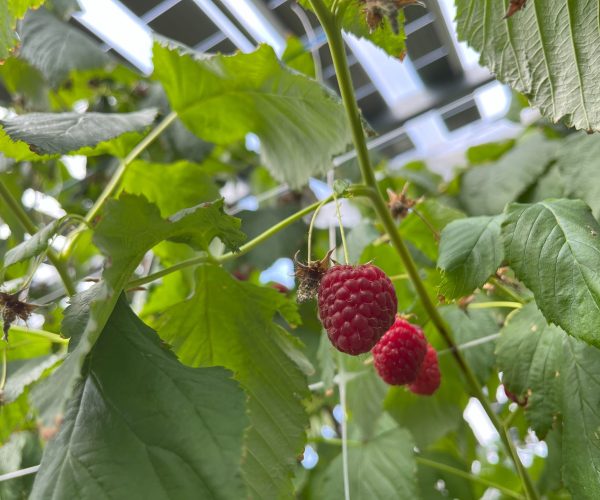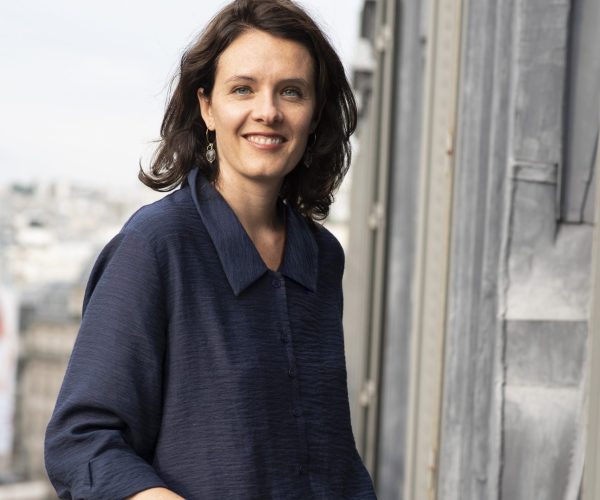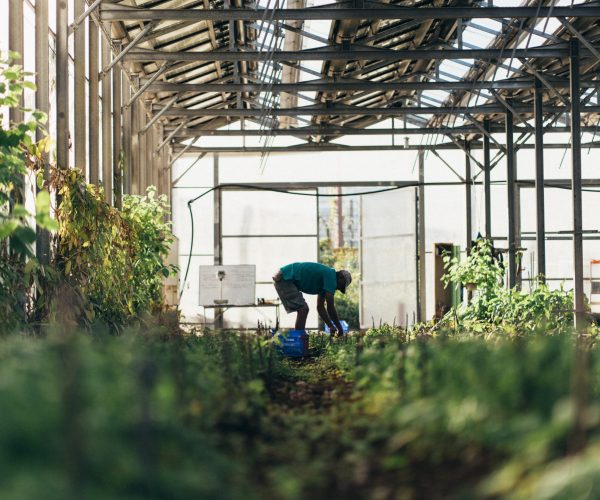BayWa r.e. secures €6.5 million EU funding for Agri-PV
SolarPower Europe member BayWa r.e. has secured €6.5 million in funding from the EU’s LIFE Adaptation with Photovoltaics (LIFE ADAPT-PV) programme, which will be used to develop six projects across five countries by 2027, combining agriculture with solar power generation. The LIFE Programme is the EU’s funding instrument for environment and climate action.
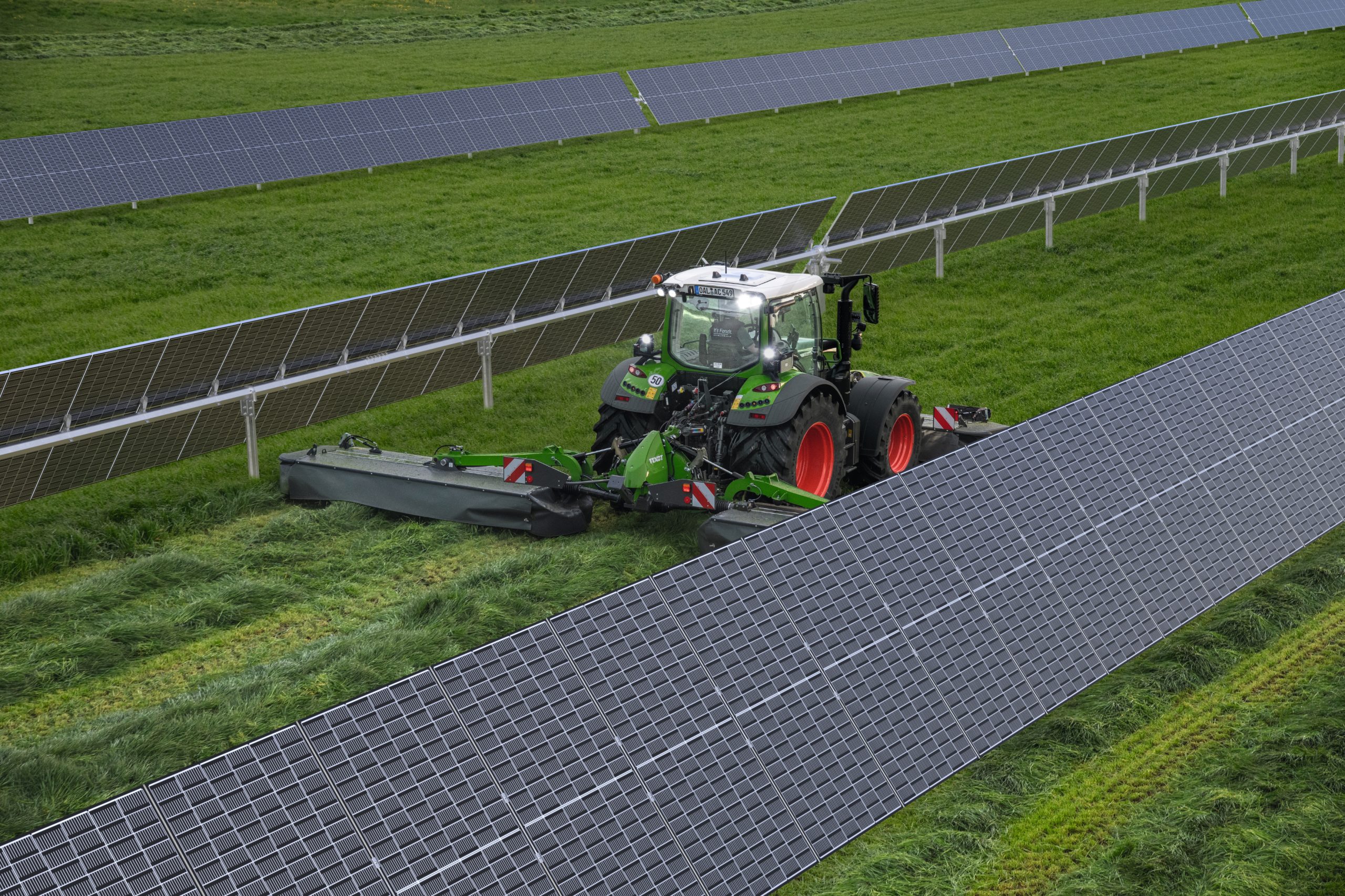
The six Agri-PV projects span several markets, covering France, Spain, the Netherlands, Germany, and Italy. Working closely with EU representatives, landowners, and local communities, BayWa r.e. aims to demonstrate how Agri-PV can support farmers to reduce their CO2 emissions. At a time when population growth and energy demands are rising, new insights into land use efficiency are urgently needed.
Pioneering Agri-PV
BayWa r.e. has been instrumental in proving the benefits for using Agri-PV to supplement fruit farming at scale (fruitvoltaics). As part of EU LIFE ADAPT-PV, three of these new projects, in France, Spain, and the Netherlands, aim to increase fruitvoltaic projects’ resistance to climate change. They will do this by providing a combination of crop protection and generation of green solar energy, within an innovative financing model.
Meanwhile, three more projects in Germany, Spain, and Italy will examine ways to scale up Agri-PV alongside arable crops like summer and winter wheat or soya within the EU LIFE LEAD-PV project. At a time when population growth and energy demands are rising, new insights into land use efficiency are urgently needed.
Check out another BayWa r.e. project that is improving land use efficiency with Floating Solar. Watch the video here.
These projects will be pushing the boundaries of Agri-PV. The Spanish project will be the country’s first ever using almonds. In Germany, this will be the first project researching Agri-PV and traditional crops at such a large scale.
Dr. Stephan Schindele, Head of Product Management Agri-PV at BayWa r.e. commented: “With these six projects, across five countries, we’re pushing innovative Agri-PV applications into the marketplace. Only if the farming, environment, and energy sectors work hand-in-hand, can we successfully adapt to climate change, while also minimising carbon footprint in farming processes.”
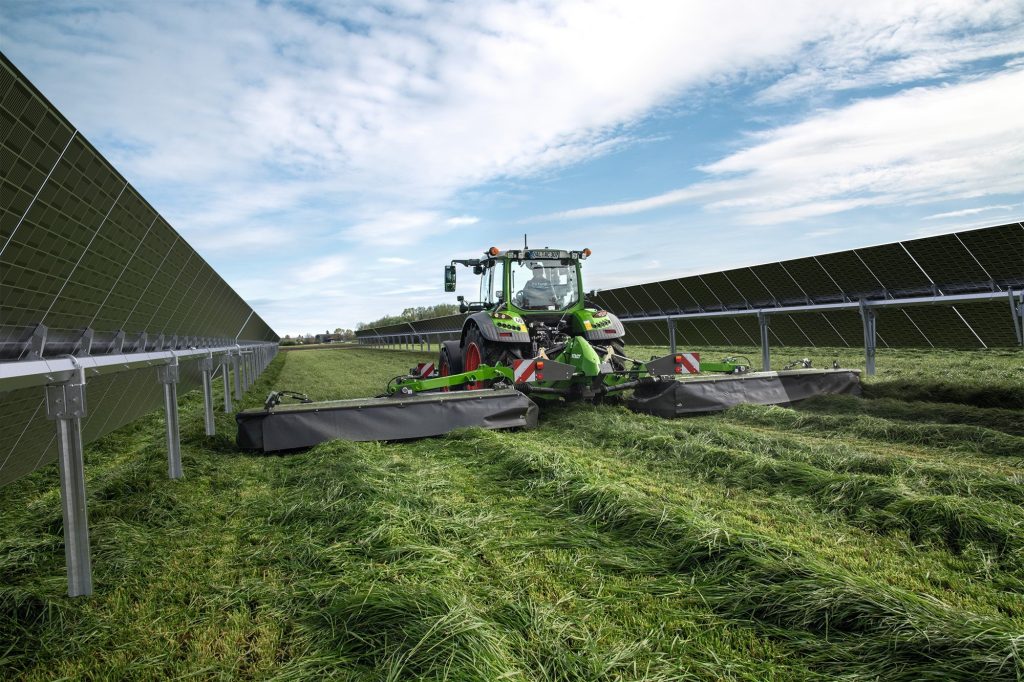
During the tour, Stephan summed up his thoughts on this: “We are going to be facing a big hunger problem if we continue on our current path. We need to make sure farming is an attractive career option; Agri-PV offers the possibility to work with innovative technologies and earn additional revenues.”
In partnership with the EU LIFE Programme
LIFE co-funds projects which support policies like the ‘Farm to Fork’ strategy, promoting a sustainable food system.
These six projects are underpinned by a major element of ‘Farm to Fork’; the need for a circular land use economy. They’ll generate vital data which can be used to refine future projects, ultimately making them independently commercially viable.
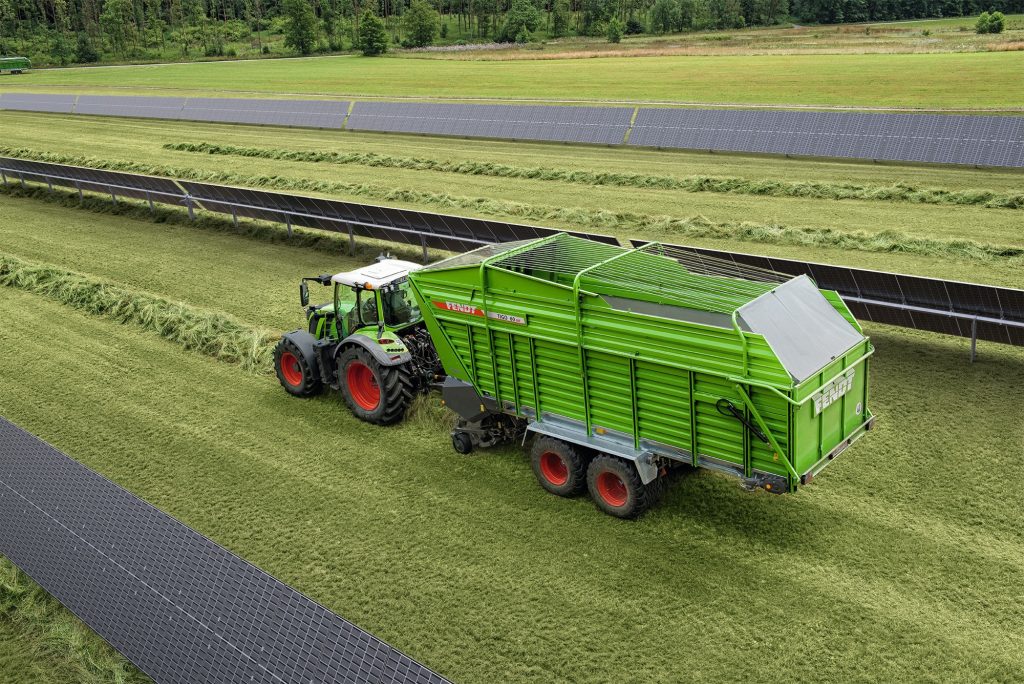
Bernd Decker, Representative of the European Climate, Infrastructure and Environment Executive Agency, established by the European Commission, added: “Adapting to and mitigating the effects of climate change is a key challenge for agriculture; thus, innovative initiatives which optimise land use and energy production are more than welcome. We are looking forward to collaborating with BayWa r.e., as they’ve got a wealth of agricultural and energy knowledge built up over decades.
This initiative could potentially develop our understanding in a lot of key environmental areas. Plastic waste reduction, efficient water use, cutting chemical or pesticide reliance, CO2 emission reduction; the list goes on. All are vital co-benefits in our response to climate change.”
Do you want to find out more
about this topic?
these might be interesting to you as well
